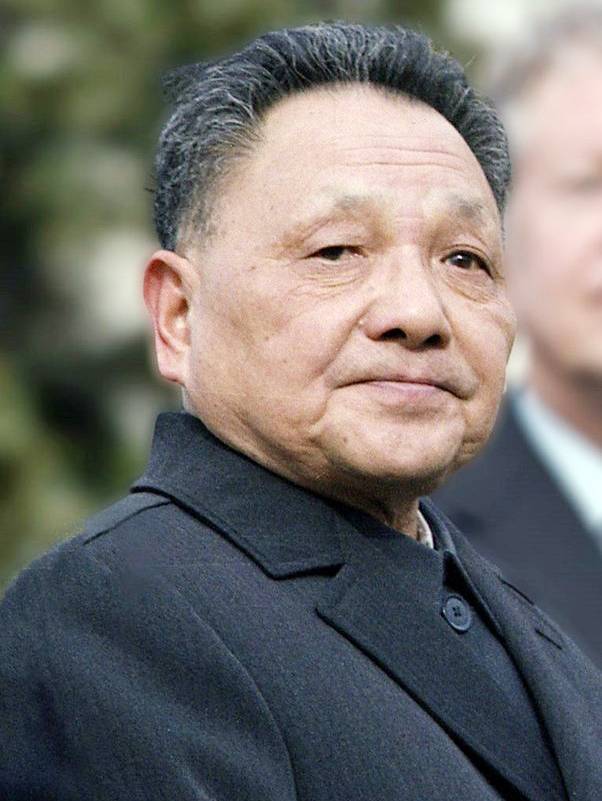Why is China’s communism so different than Russia? While both China and Russia have historical roots in Marxism-Leninism and initially followed similar paths toward communism, there are significant differences in the ways their respective communist systems evolved. These differences stem from various historical, cultural, and geopolitical factors. Here are some key reasons why China’s communism is distinct from that of Russia:
Cultural and Historical Context:
China has a long history and a deep-rooted cultural identity, which influenced the way communism took shape in the country. The Chinese Communist Party (CCP) adapted Marxist ideology to align with Chinese traditions, emphasizing the idea of a “people’s democratic dictatorship” rather than a strictly proletarian revolution.
Russia, on the other hand, had a more abrupt transition from feudalism to communism following the 1917 October Revolution. The Bolsheviks, led by Vladimir Lenin, implemented a more orthodox Marxist approach.
Economic Reforms:
China’s leadership, particularly under Deng Xiaoping from the late 1970s, introduced market-oriented economic reforms, known as “Socialism with Chinese Characteristics.” This involved embracing elements of capitalism to drive economic growth and development.
In contrast, the Soviet Union under leaders like Joseph Stalin maintained a more centralized and planned economy, with limited market mechanisms. This contributed to disparities in economic performance between the two countries.
Political Structure:
China’s political system is characterized by a one-party rule led by the CCP, but it has incorporated elements of political decentralization and experimentation, especially at the local level. The party has also undergone significant internal reforms and adaptations.
In the Soviet Union, the Communist Party exerted strict control over all aspects of government and society, and there was less room for political experimentation or dissent.
Foreign Relations:
China has pursued a more pragmatic and flexible approach in its foreign relations, engaging in economic cooperation and trade with countries worldwide. This has allowed China to integrate into the global economy.
The Soviet Union, especially during the Cold War, followed a more confrontational and ideological approach in its foreign relations, leading to isolation and strained relationships with Western countries.
Social Policies:
China has been more open to social and cultural changes over time, adapting to societal shifts and allowing greater individual economic freedom. This has contributed to China’s rapid modernization and urbanization.
The Soviet Union, particularly under Stalin, implemented more rigid social policies and collectivization, which led to significant social upheaval and resistance.
These differences highlight that despite a shared ideological foundation, the practical implementation of communism in China and Russia diverged due to unique historical trajectories, cultural influences, and pragmatic policy choices made by their respective leaderships.








